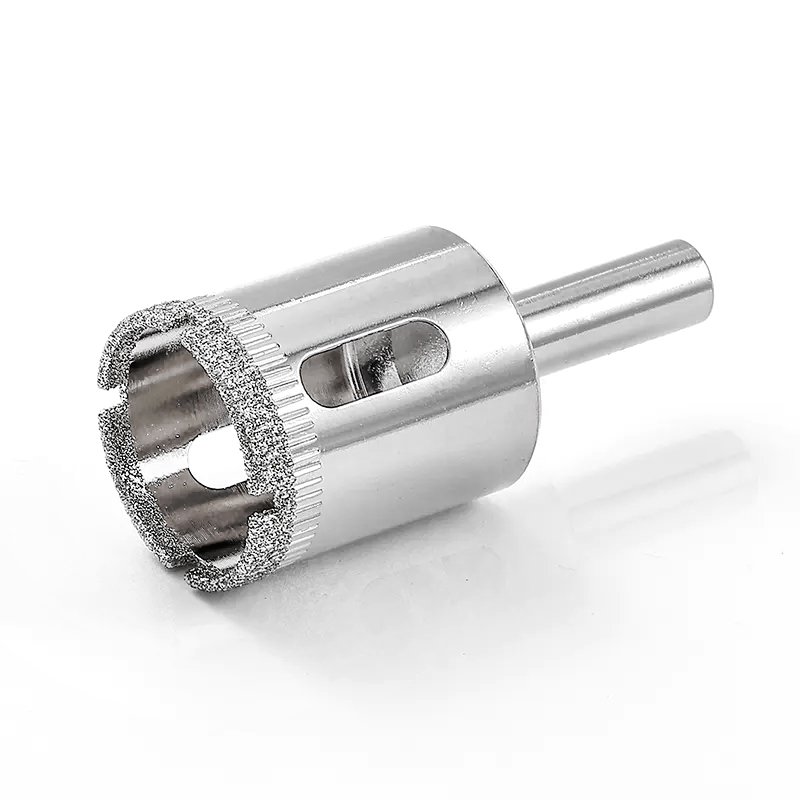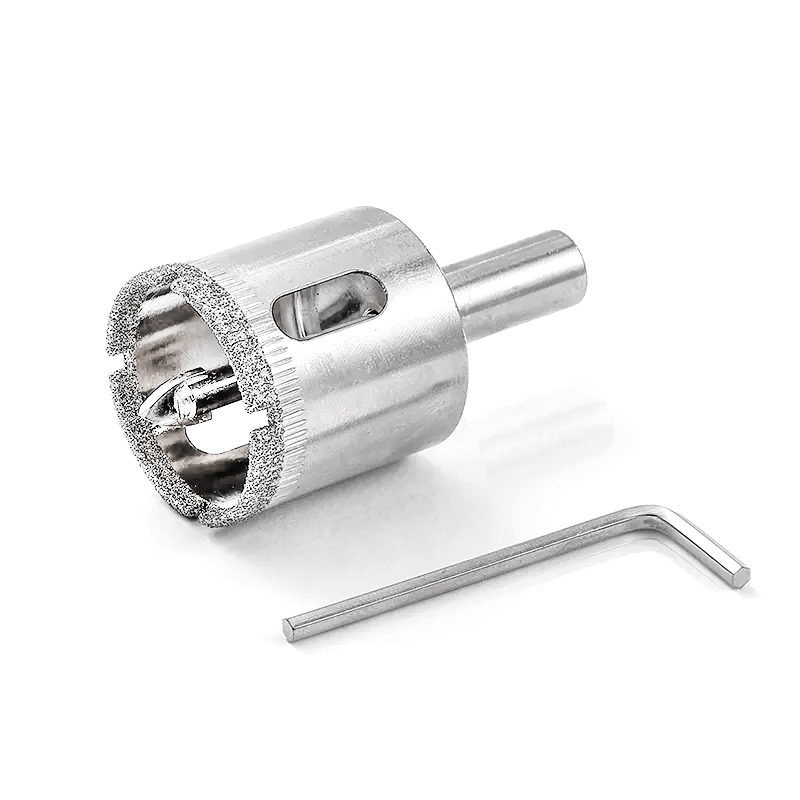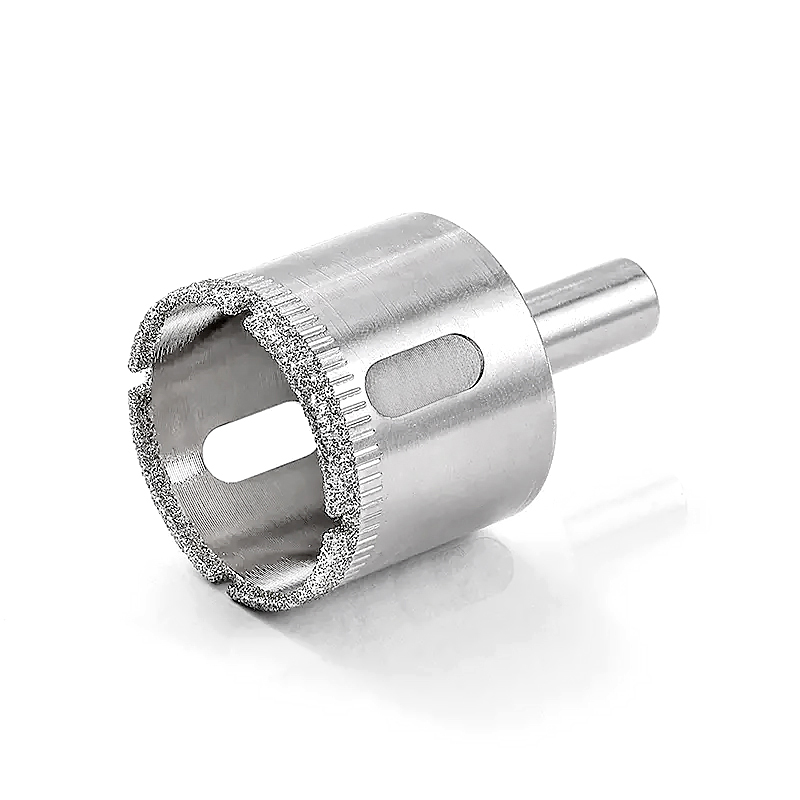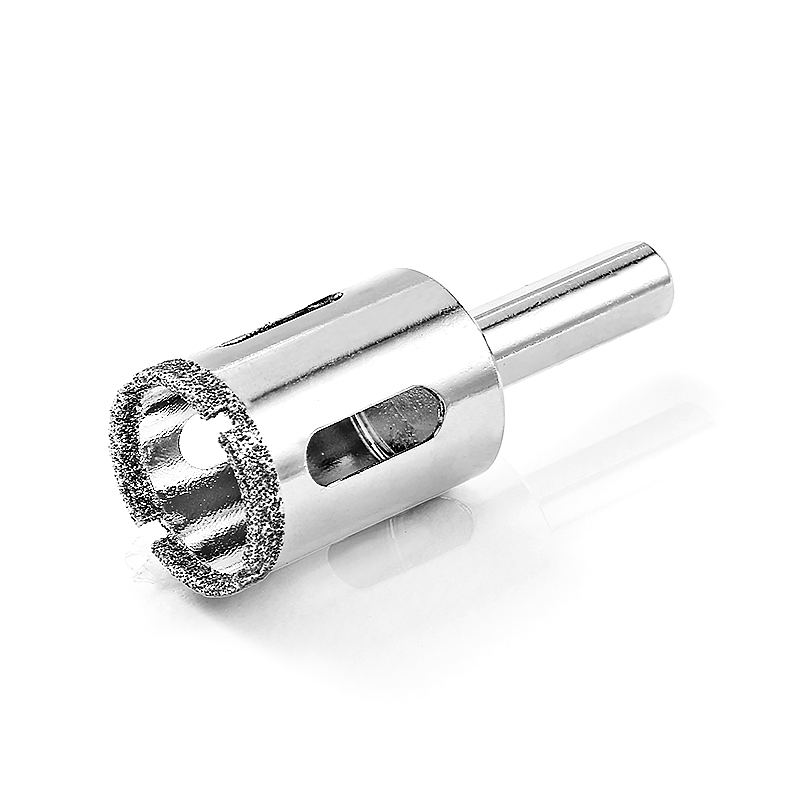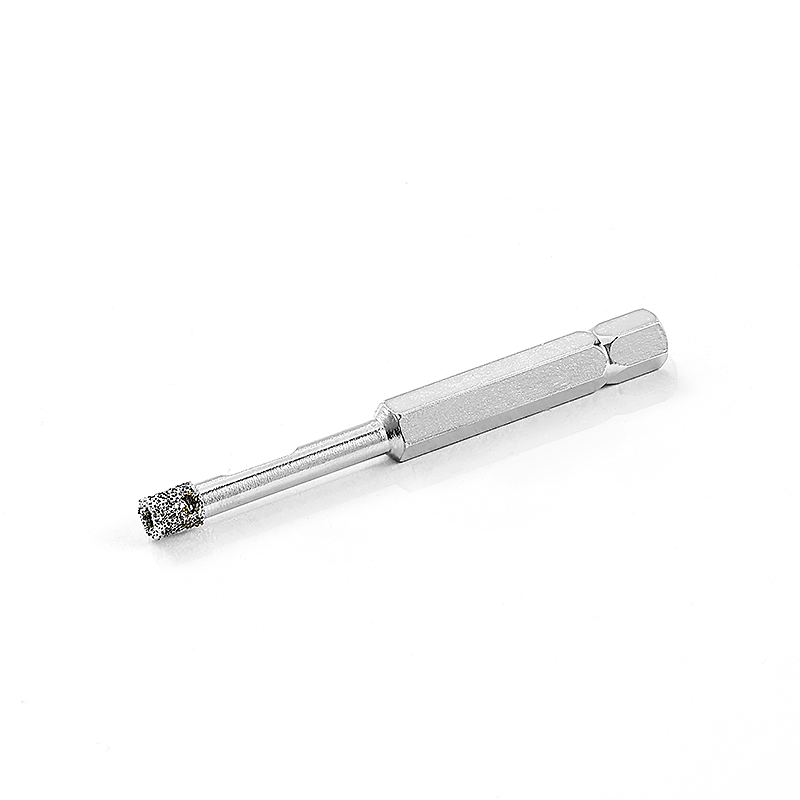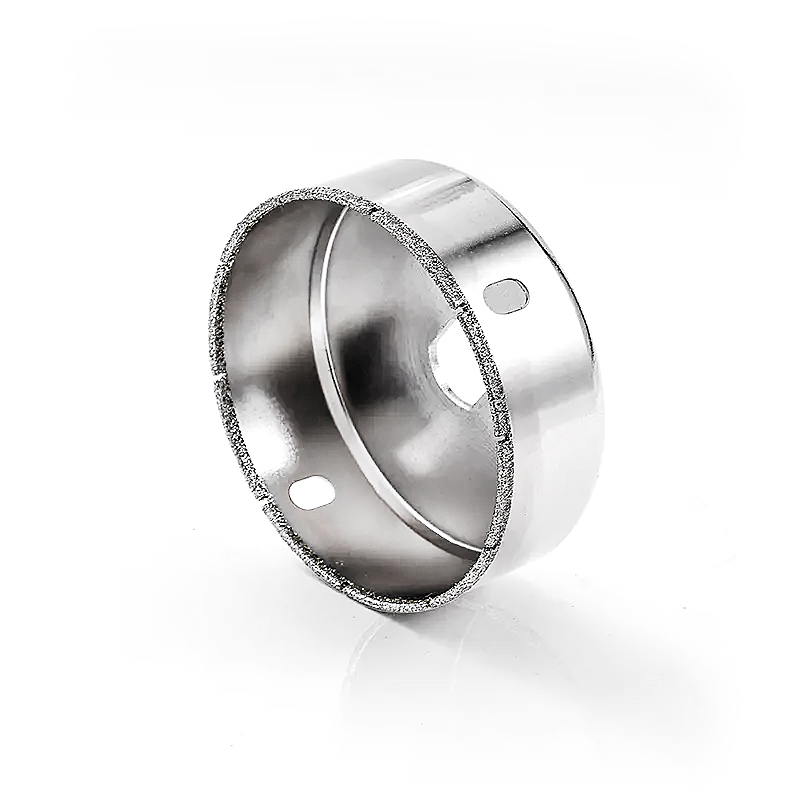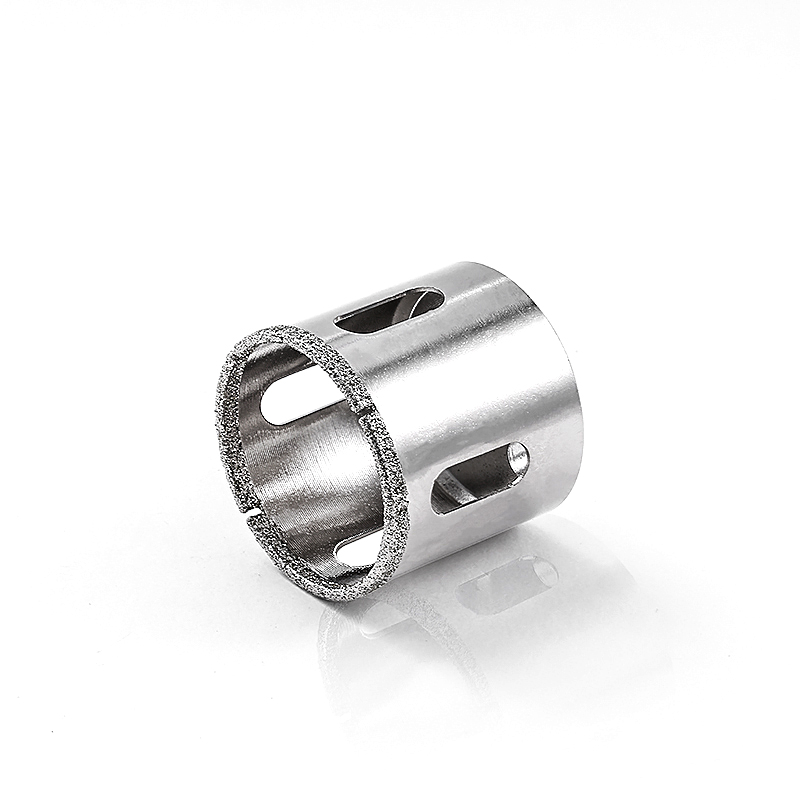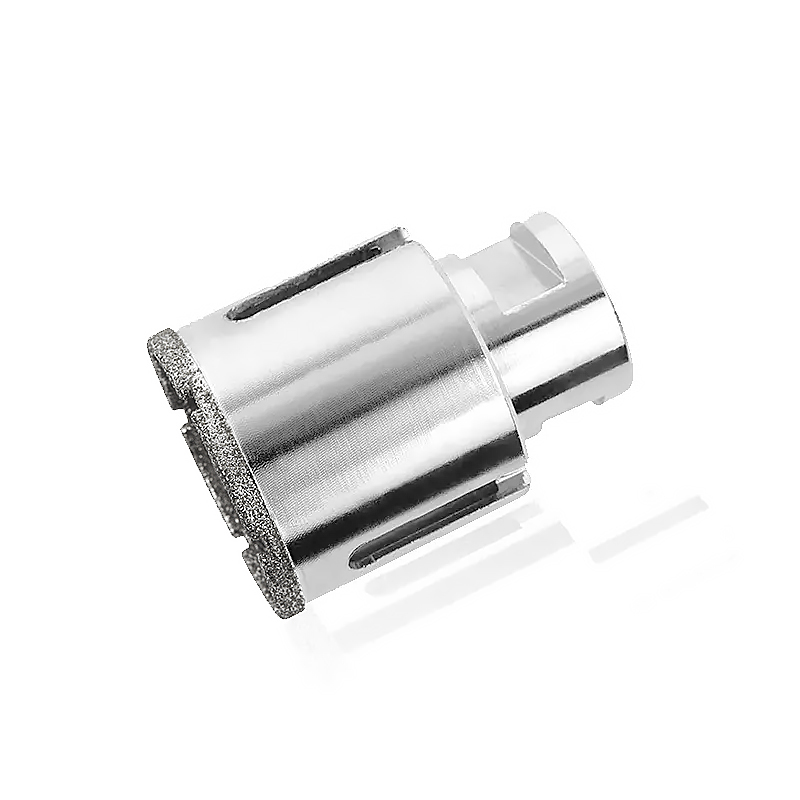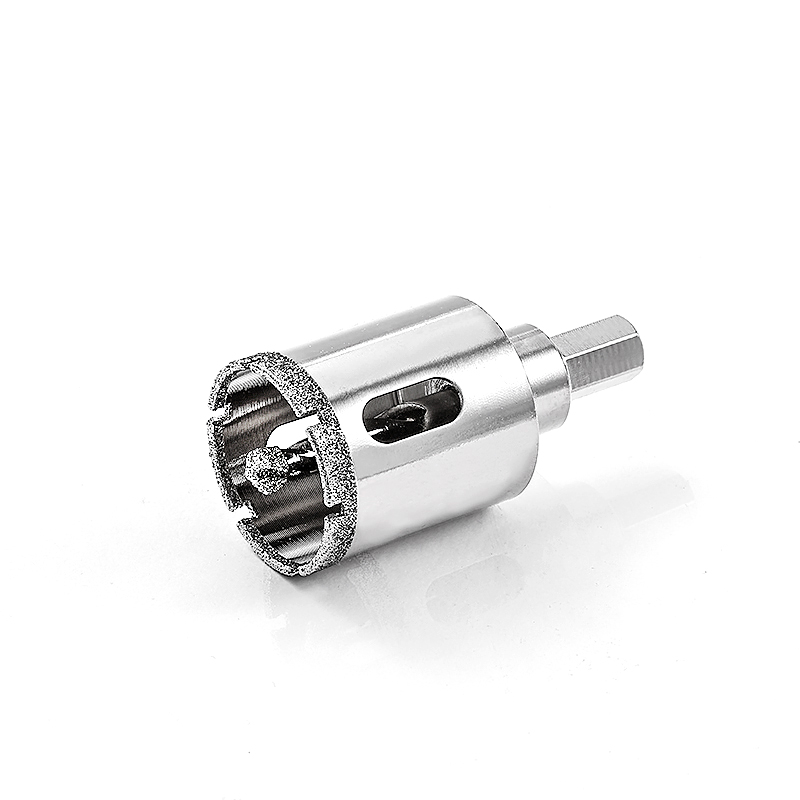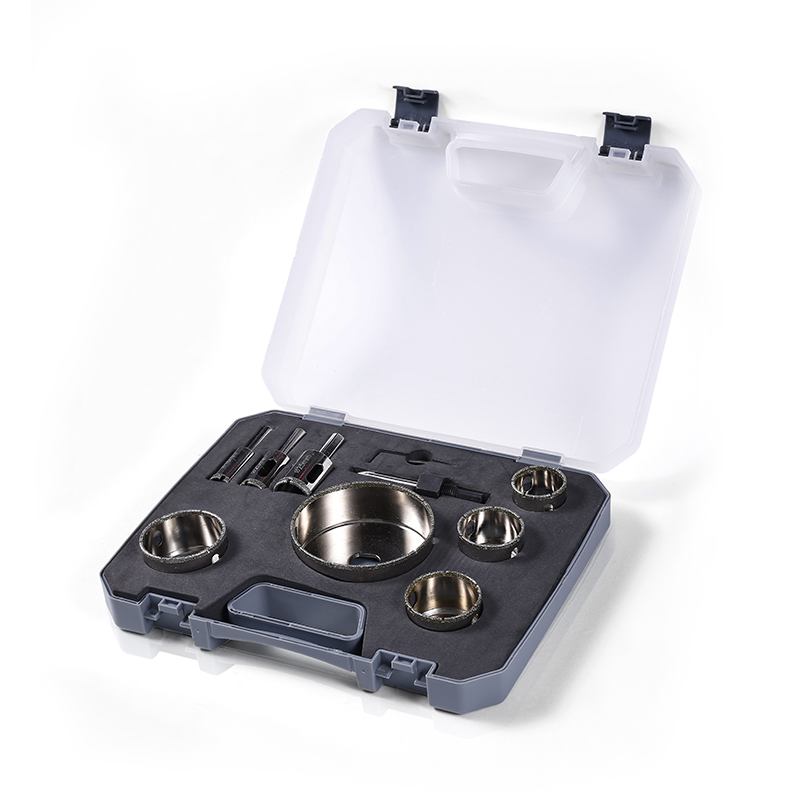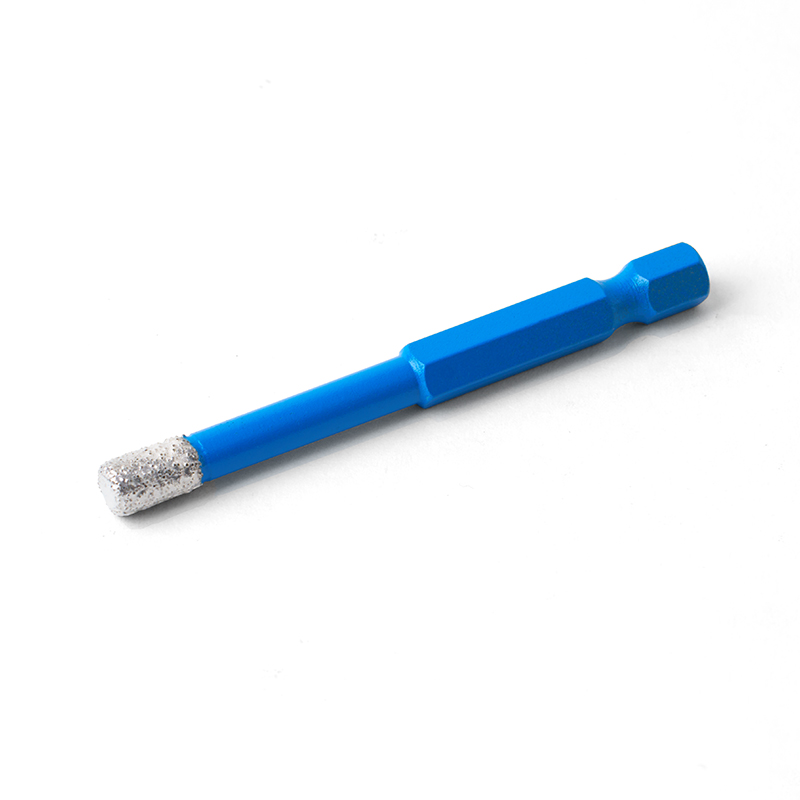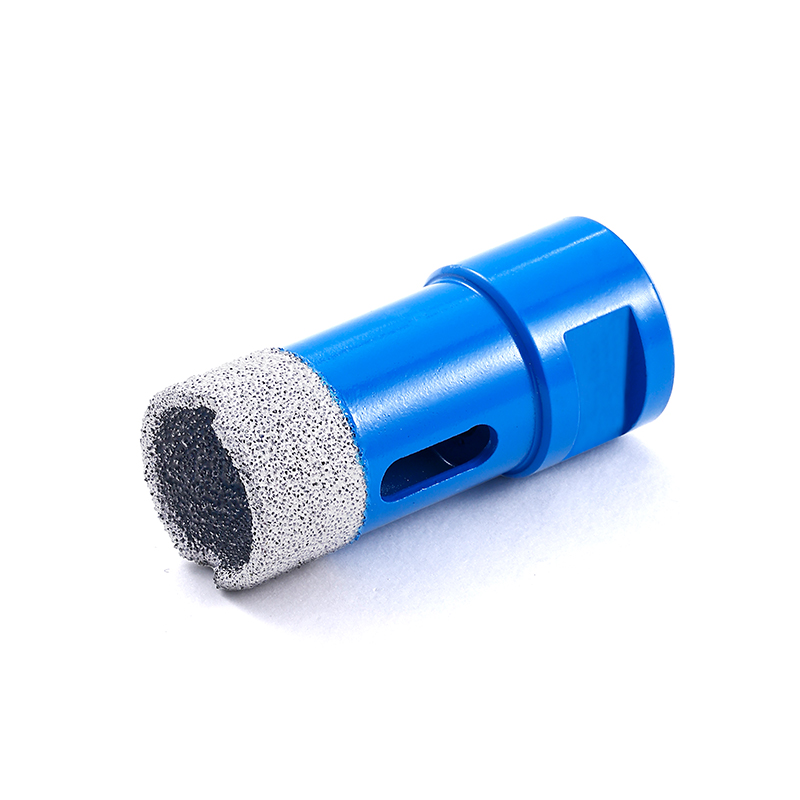Comparing SDS Diamond Core Drill Bits With Standard Core Drill Options
One of the main distinctions between an SDS diamond core drill bit and a standard bit from a diamond core bit set is compatibility. SDS bits are engineered with a specialized shank that locks securely into rotary hammer drills equipped with SDS systems. This connection not only prevents slipping but also allows for higher torque transfer, making it easier to cut through reinforced concrete, stone, and dense masonry. By comparison, a diamond core bit set often includes bits with more universal shank designs that fit standard drills. While versatile, they may not deliver the same stability under loads.
Durability is another area where professionals notice a difference. An SDS diamond core drill bit is built for continuous use in demanding conditions, where overheating, friction, and debris can quickly wear down weaker tools. Manufacturers design these bits with reinforced diamond segments that can withstand extended drilling without losing cutting efficiency. A diamond core bit set, however, is often viewed as a more economical option for contractors who need multiple bit sizes for varied tasks. These sets are reliable but may require more frequent replacements when used in high-intensity projects.
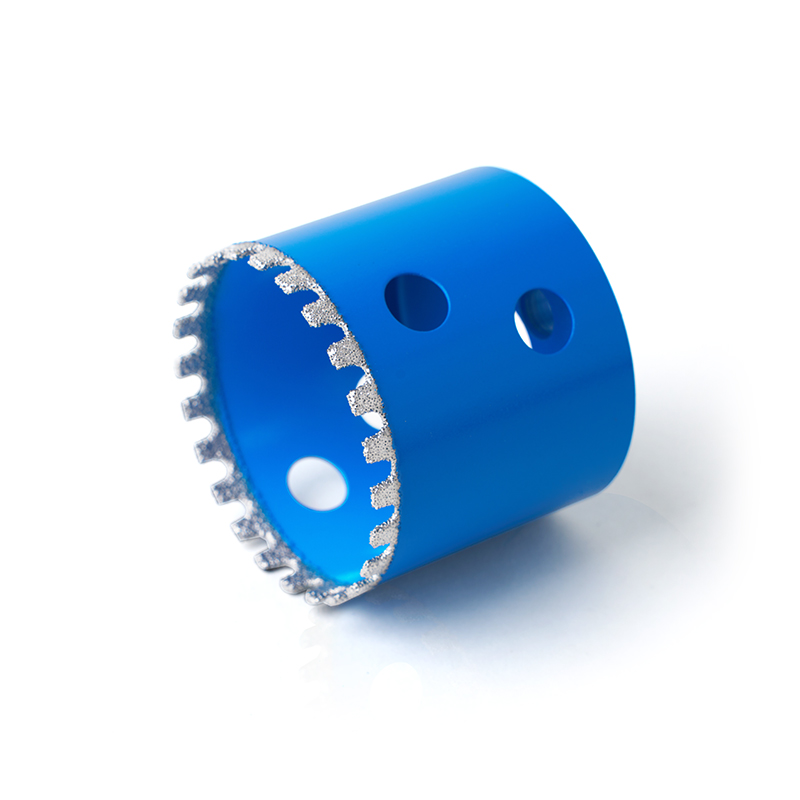
Cutting speed is a critical factor in choosing between the two. Contractors who frequently drill into reinforced concrete report that an SDS diamond core drill bit maintains faster, more consistent cutting compared to many standard alternatives. The improved torque transfer and stronger segment bond help reduce downtime, especially on large-scale projects. On the other hand, a diamond core bit set provides flexibility by offering multiple sizes, making it ideal for situations where speed is less important than having the right diameter on hand.
Cost considerations also play an important role. An SDS diamond core drill bit is typically more expensive than individual bits found in a diamond core bit set, but the higher upfront cost is often offset by its longer service life and reduced replacement frequency. For construction firms that regularly handle reinforced concrete or stone, the investment pays off quickly. Meanwhile, smaller contractors or DIY users may find a diamond core bit set more practical, as it balances affordability with the ability to handle occasional heavy-duty drilling.
From a manufacturing standpoint, the demand for both products continues to grow. Factories producing the SDS diamond core drill bit focus on innovations in segment bonding and heat resistance to push the boundaries of performance. At the same time, manufacturers of the diamond core bit set emphasize variety, cost-effectiveness, and adaptability to meet the needs of general users. This dual approach ensures that the market provides solutions tailored to both professional contractors and more casual operators.
The SDS diamond core drill bit will become even more popular in sectors where speed and reliability are non-negotiable, such as infrastructure projects and commercial construction. Meanwhile, the diamond core bit set will continue to hold strong appeal in residential and light commercial work, where cost and flexibility remain top priorities.
Those working on heavy-duty, repetitive drilling projects will likely see better performance from an SDS diamond core drill bit, while those needing a range of options for varied jobs will continue to rely on the practicality of a diamond core bit set.
